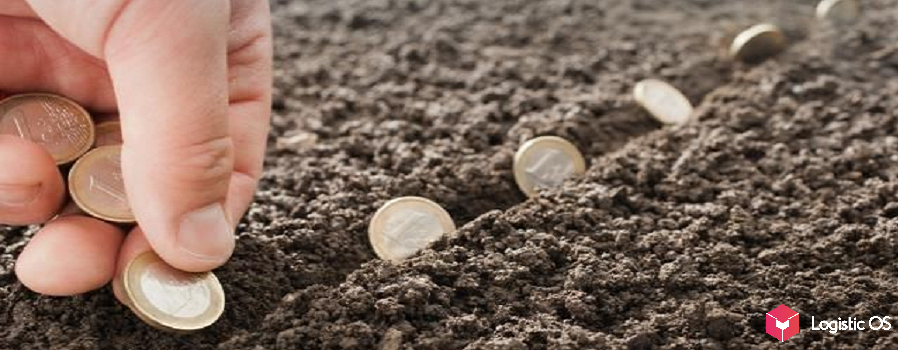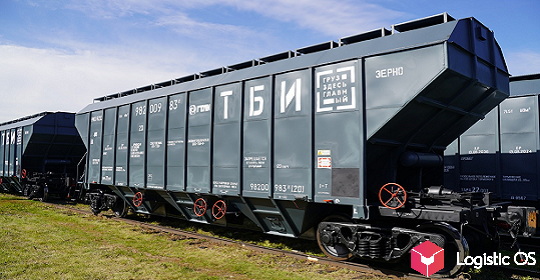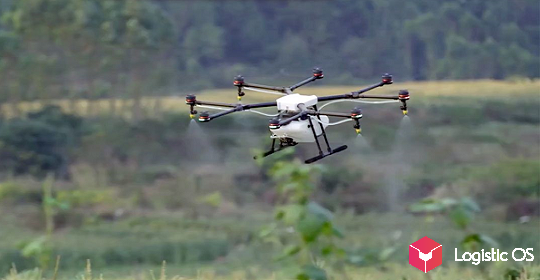Coronavirus restrictions, which caused a decline in almost the entire Russian economy in 2020, for the agro-industrial complex in many cases turned into a «growth point»
The virus did not prevent Russian farmers from harvesting a record after 2017 grain harvest at the level of 133 million tons . If this value is less than the potential value, then it is not the virus that is to blame, but its own industry-specific problems: drought and frost in the southern regions of Russia. In general, the pandemic did not interfere with either sowing or harvesting: the agro-industrial complex enterprises were almost not affected by restrictions.
In addition, during the pandemic, demand for agro-industrial complex products increased in many countries — and, accordingly, prices. During the spring quarantine period, some countries massively «panicked» due to the fact that they do not have food supplies. and rushed to buy as much as possible. This affected, for example, the EU countries, which, without Russian vegetables, would simply have nothing to put on store shelves.
In addition, some Russian enterprises have managed to enter the global market, as the pandemic has hit certain companies hard, creating “vacancies”. But the main reason was the same increase in demand: in order to increase imports of agricultural products, a number of countries had to conclude new contracts, since the previous suppliers could not cope with the increased volumes.
What problems of the Russian agro-industrial complex has the coronavirus exposed?
In addition to the good consequences, he brought many bad ones.
1. Food stock situation
As usual, at the beginning of the pandemic, Russians rushed to massively purchase food. This made it possible to discover that in most regions there are no centralized food stocks: grocery chains usually do not take goods for sale for more than 1-2 weeks, and a sharp surge in demand quickly depletes all stocks.
To keep enough food in the country, the government had to promptly introduce export quotas.
2. Change in the dollar rate
For many enterprises, a sharp jump in its value has caused huge losses. The problem of dependence of Russian farmers on purchases abroad of machinery, equipment, raw materials (for example, leaven for cheese) has not yet been resolved.
Dmitry Matveev, president of the Kabosh group of companies, said that his cheese-making business had lost up to 300 million rubles during the year due to the exchange rate difference.

3. Decrease in demand
This did not affect bread and buckwheat, but for manufacturers of goods such as fresh fish, fresh greenhouse vegetables, elite yoghurts or sausages, it caused incredible losses. In a period of uncertainty, Russians began to save money and buy regular milk instead of yogurt, regular meat instead of sausages.
Producers of fresh vegetables, who are unable to store their products for a long time, have suffered significantly.
Sales of products became another significant problem. For example, producers of farm cheeses were deprived of access to fairs and other familiar sites due to the lockdown.
In general, the Russian agro-industrial complex in 2020 successfully overcame most of the difficulties associated with the pandemic. But there are still many problems, so the news of a decrease in state financial support for agrarians in 2021 does not add optimism to them.

